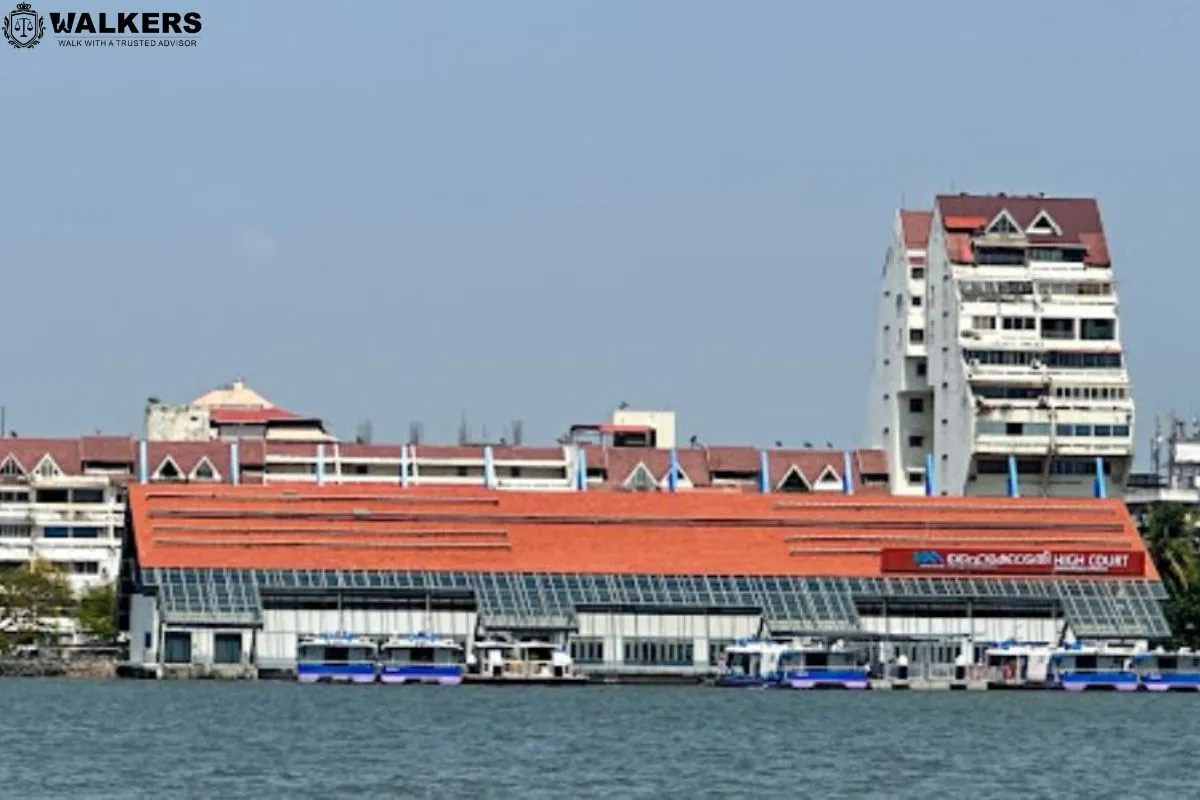


"33 female students from Mar Athanasius College in Kothamangalam have taken their case to the Kerala High Court, challenging what they perceive as a discriminatory curfew policy imposed on girls residing at the college hostel. The petitioners, in the case of Rachel Mathew & Ors. v State of Kerala & Ors., assert that the current curfew timing of 6.30 PM for girls is in stark contrast to the 9 PM curfew set for male students residing in the boys' hostel.
Justice Basant Balaji presided over the proceedings and has adjourned the case until August 18, granting time for the college's legal representatives to formulate a response. The students argue that their access to campus resources, including libraries, should not be restricted until 9.30 PM, a deadline that the Kerala government mandated for women's hostels affiliated with state universities back in 2019.
Despite a governmental directive issued on June 23 that extended the entry time for hostel students in aided engineering colleges to 9.30 PM, Mar Athanasius College has not adjusted the timings for the girls' hostel accordingly. The petitioners contend that maintaining the 6.30 PM entry time is not only arbitrary but also perpetuates an unjust disparity between male and female students.
The petitioners allege that the college administration remains unaware of the government's order and has thus imposed arbitrary restrictions, fostering an environment of discrimination within the student body. The court was apprised of the fact that female students had previously submitted a plea to the State government protesting against the unjust 6.30 PM curfew.
In light of these circumstances, the petitioners are urging the court to direct the college to align the girls' hostel curfew with the Kerala government's stipulated time of 9.30 PM. Advocates V Harish, Rajan Vishnuraj, AL Navaneet, and Aswathy Krishnan represented the petitioners in this matter."
TAGS: Mar Athanasius College Kerala High Court girl students discriminatory curfew hostel entry time boys' hostel Kerala government order access to facilities arbitrary restrictions gender disparity court directive legal representation.